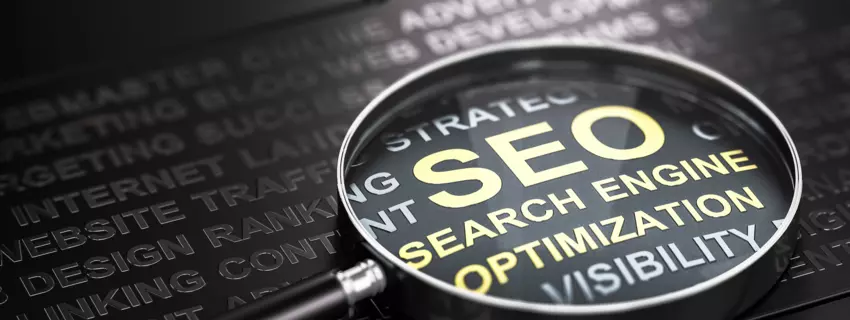Stay informed
Online-Marketing and SEO-optimization
Technical SEO remains relevant
Technical SEO - What is it anyway? Technical SEO refers to the optimization of the technical aspects of your website. The goal is clear! ...

Autor :
admin
Category:
SEO & Online-Marketing
Why texting with artificial intelligence is really good
Artificial intelligence is about to take over the world. The biggest companies are developing systems that can write a text for you. And they do it very well. ...

Autor :
admin
Category:
SEO & Online-Marketing
Von 0 auf über 2 Mio € Umsatz in weniger als 12 Monaten – wie die Pixelwerker das nur durch SEO geschafft haben
SEO oder SEA? Warum SEO die besserer Methode ist. ...

Autor :
admin
Category:
SEO & Online-Marketing
SEO Hilfe für den Magento Shop
Mit den richtigen Tipps und Einstellungen lässt sich der Magento Shop viel schneller und einfacher in der Google Suche finden ...

Autor :
admin
Category:
SEO & Online-Marketing
SEO vs. Google
Kommt der Gegenschlag des Google-Webspam-Teams bereits nächste Woche? ...

Autor :
phpler
Category:
SEO & Online-Marketing
SEO strategies that you must always apply to your website.
Here you will learn how to get your website on page 1 of Google for every keyword in your industry.
Keyword research
Choose a keyword relevant to your website and analyze the search volume. Set a minimum keyword search volume of 150 and above. Search for phrase matches using SEO tools such as ah-refs or semrush. Slice your text so that you achieve a keyword density of about 5%-30%. Keyword search volume means how often a certain keyword is searched for per unit of time. At trends.google.com/trends/ you can determine this value quite easily.
Keyword density indicates how high the proportion of a word is in relation to the entire text. If this value is too high, there is a possibility that search engines will react negatively to your text.
Keyword mapping
Once you have collected all relevant keywords, you can start keyword mapping.
- Analyze your competitors
- Search for alternative words and phrases for your keywords.
- Note the level of difficulty and possibly switch to alternative search terms.
- Create a document for each keyword with the most important data and where you use it on your site.
Keyword mapping can be very time consuming, but pays off over time.
Content creation
There are no great secrets or magic to creating SEO content. If you optimize your content properly, the search engine algorithm will give your content priority in the search results. Ideally within the first 5 positions.
Google is a profit-focused company, which mainly lives on being able to offer its customers content that is as up-to-date and reasonable as possible. Therefore, it is important that your content also reflects your expertise. Simply placing keywords in a text is only successful for a short time, if at all!
Choose your primary target keyword (primary keyword targeting) and examine the results of your competitors in search engines. Adopt their writing concept and increase the value of the content tenfold. Attention, do not create a copy, always write your own texts and let Google know that your content is more relevant.
Target keywords are usually phrases and not single words.
On-page optimization
The five most important factors that strengthen on-page SEO are:
- the page URL (permalink)
- the page title (title tag)
- the headline tags (H1, H2 ..)
- the content clusters (own page, with strong keyword optimization)
- the meta description (description tag)
To improve your ranking on the search engine results pages (SERP), you need:
- A good content that is relevant to your target keyword.
- A website that is easy for Google to crawl and understand
- High quality and relevant backlinks (support, relevance and recommendation).
Link building (of-page optimization)
Without qualified backlinks, it is impossible to rank for a keyword in the long run. Google ranks your website as more relevant if it is linked to by other websites with similar topics.
The best strategies to get qualified backlinks.
Guest posts
Write guest posts or place a sponsored post on pages that are relevant to you. Make sure to link to your site from that page with a "Dofollow" tag.
HARO (Help a Reporter Out)
You offer your industry knowledge to journalists by offering your expertise on a certain topic. In parallel, you should have a good article on your own site that journalists can refer to.
Paid links (paid backlinks)
The paid league placement is a good way to get good and relevant links. For paid backlinks you pay a certain one-time or monthly amount. Make sure that the linked page has a high DR (Domain Ranking) and DA (Domain authority) value. Ideally, it should match your content.




